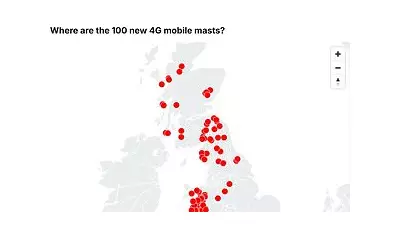
In a landmark move, Apple is being forced to loosen its grip on the App Store in the European Union, following the implementation of the bloc's Digital Markets Act (DMA). The tech giant will now have to permit third-party app stores and alternative payment systems, marking a significant shift in its long-standing closed ecosystem.
Why Is Apple Making This Change?
The EU's new regulations classify Apple as a "gatekeeper", requiring it to open up its platforms to foster competition. This means developers will soon be able to distribute apps outside the App Store and use payment methods other than Apple's in-app purchase system.
Who Stands to Benefit?
Epic Games, which has been locked in a legal battle with Apple over App Store fees, is among the biggest winners. Other companies, including Tesla and smaller developers, may also benefit from reduced commission fees and greater flexibility.
What Does This Mean for Users?
Consumers in the EU could see:
- More app choices outside the official App Store
- Lower prices due to reduced developer fees
- Alternative payment options with potentially better deals
However, Apple warns that sideloading apps could expose users to security risks, a claim disputed by many in the tech industry.
The Bigger Picture
This move signals a growing trend of regulatory pressure on Big Tech. With the EU leading the charge, other regions may follow, potentially reshaping how app stores operate worldwide.





